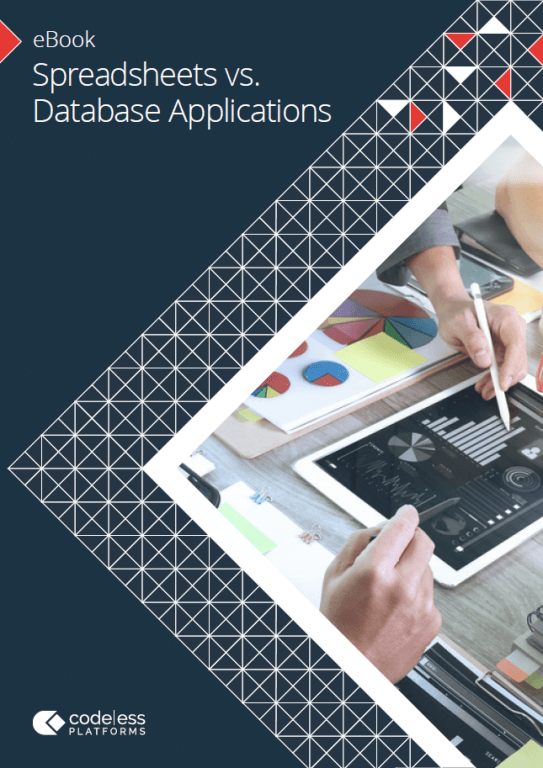Data is one of the most valuable commodities that an organisation holds. It can range from sales, orders and customer contact details to product information, stock levels and employee information. It can be used to drive company growth, improve customer service as well as to exploit new opportunities.
It is therefore astonishing how many businesses still compile and store critical data in spreadsheets these days. For some very small businesses this is perhaps understandable, but for most organisations, which surprisingly includes many Fortune 500 businesses, it doesn’t seem logical.
Spreadsheets are cumbersome to retrieve data instantly, are exposed to potential data corruption and offer little or no data validation. Simple human errors can also skew formulas, equations, and figures resulting in inaccurate budgets, forecasts and other business processes.
A prime example of this is described in the appendix to JPMorgan’s internal investigative task force’s report in 2012, whereby an error copying and pasting between spreadsheets meant that one of its equations was wrong, resulting in the bank losing several billion dollars and significantly contributing to the “London Whale” trading fiasco.
This is an extreme scenario but one that highlights the potential risk and implications of relying on spreadsheets to manage critical and https://www.codelessplatforms.com/solutions/sensitive-data-alerts/. It therefore begs the question why organisations don’t implement a database application to replace spreadsheets.
The Benefits of Database Applications
Web-based applications simply provide a much more logical and flexible method for managing lists and critical data in this era of cloud and mobile computing.
Building a web-based database application is extremely easy and can be built to facilitate a wide-range of information lists and functions. All existing data held within spreadsheets can be used to generate a bespoke database application via a few simple clicks and configuration.
Replacing spreadsheets with database applications will enable organisations to:
- Eliminate the possibility of data and spreadsheet duplication
- Enforce business rules for the management and usage of data
- Audit applications much easier and support modelling much better
- Provide a higher level of security and control over data
- Integrate with any other business or back office system
- Provide a foundation for implementing and automating workflow and authorisation procedures
- Remote workers can access information anywhere, on any device
- Easily generate and distribute reports
To get a more in-depth insight into these benefits and learn more about our database application platform, download the eBook below and/or call us on +44 (0)330 99 88 700.

